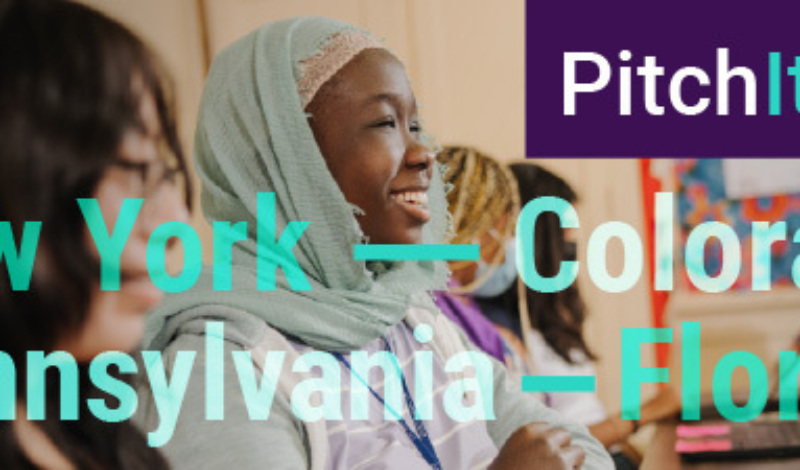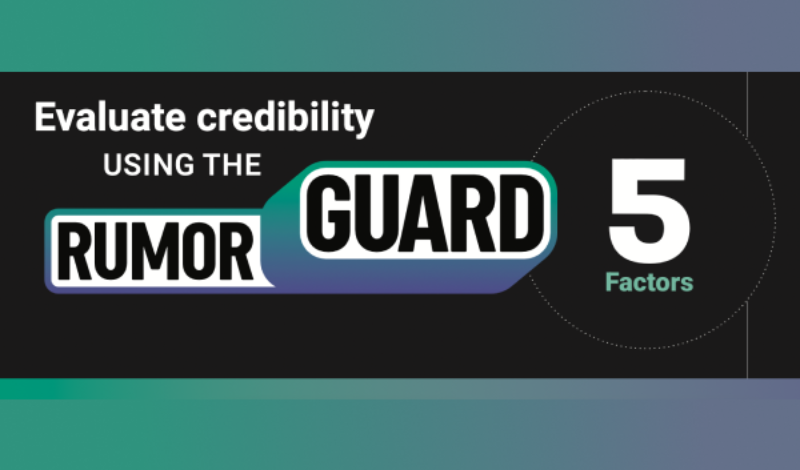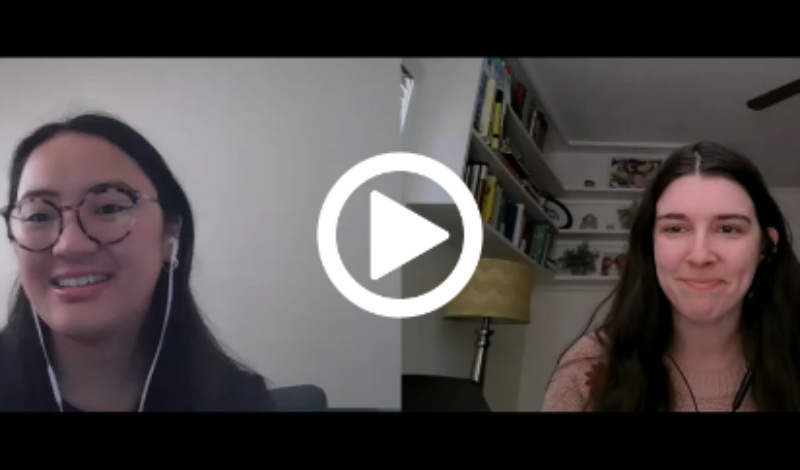
How to speak up without starting a showdown
Misinformation is always problematic, but when it appears alongside family updates on social media, it can be especially frustrating.
In this lesson, students review examples of misinformation, identify a rumor pattern and create a list of red flags to watch out for. Then students will create a social media post warning others to be on the lookout for this type of misinformation and directing them to credible sources about the subject. Finally, students will discuss the impact of misinformation on a democratic society.
Intended for grades 3 and up, this lesson plan includes everything educators need to lead the lesson: essential questions, electronic materials, vocabulary, procedural directions, ideas for differentiation, checks for understanding, examples, an evaluation rubric, and ideas for an extension opportunity. Depending on the classroom, it could take between 30-60 minutes, or be broken up over a few class periods. At the News Literacy Project, we recognize educators are professionals and best understand the needs of their classroom. As such, we expect educators to take and adapt our resources, including this lesson plan, as they see fit.
Below is a preview of some of the elements in the lesson plan:
NLP standard 4: Students demonstrate increased critical habits of mind, including effective verification skills and the ability to detect misinformation and faulty evidence.
Essential Questions
Vocabulary
Misinformation is always problematic, but when it appears alongside family updates on social media, it can be especially frustrating.


Student voices are catalysts for positive change in schools and communities. You can empower them to be well-informed and


Don’t get caught off guard. Recognize misinformation and stop it in its tracks by using RumorGuard’s 5 Factors for


Elections are the lifeblood of democracy, but political campaigns are often rancorous, controversial and polarizing events. As if the


This week, we talk to Karena Phan, a reporter for the news verification team at The Associated Press. Phan



